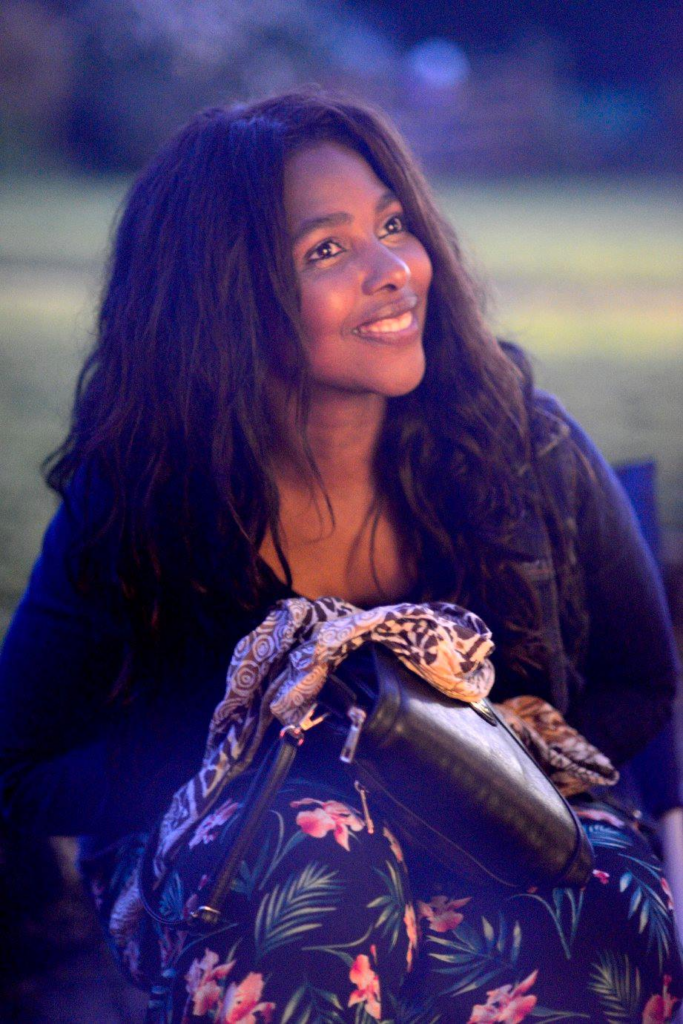Last Updated on: 19th February 2024, 09:52 pm
Table of Contents
I often get asked about a technique called “urge surfing,” as a useful tool in eating disorder recovery and I want to share my thoughts on why it might not be the best approach during the early stages of recovery.
1. Coping Mechanisms:
So, it’s crucial to understand that most eating disorders serve as coping mechanisms. They’re a way for us to navigate the storms life throws our way. For many adults, these disorders may be triggered by traumatic experiences. In children, they can sometimes help them cope with the challenging adolescent years.
And here’s the issue, if you’re in the early stages of recovery. You’re still in an environment that doesn’t always feel safe. You might be dealing with post-traumatic stress disorder (PTSD), and you’re still quite vulnerable. At this point, you probably haven’t been equipped with other healthier coping tools and facing your eating disorder head-on might seem like stepping into a battlefield without armour.
This is why the advice of “urge surfing” or sitting with the discomfort of cravings can be risky – it’s like asking someone to swim in turbulent waters without teaching them how to swim. It’s a recipe for anxiety and potential harm. You might even end up resorting to more damaging behaviours because you haven’t yet been given the tools to soothe the pain.
2. The Craving Conundrum:
Another reason I’m cautious about “urge surfing” is that it carries the implication that cravings are inherently bad. If you give in to those cravings, then you must be bad, right? This line of thinking leads to shame – a harmful emotion that has no place in the eating disorder recovery process. We don’t do judgement or shame in this space. Lets give does emotions back to diet culture.
Cravings aren’t good or bad; they’re just signals from your body and mind. Binge eating isn’t good or bad either; it’s an unhealthy coping mechanism, that’s it. So instead of getting carried away with moralising eating disorders, we can approach those cravings with curiosity, exploring what they might be trying to tell us.
Conclusion
In the early stages of recovery, instead of urging you to surf those cravings, I encourage you to build up your arsenal of coping mechanisms. The goal is to eventually turn to these new tools and gradually rely less on the eating disorder as your go-to solution.
Recovery is a journey, its messy and its far from perfect. It’s about progress, self-compassion, and learning healthier ways to navigate the challenges that life throws your way.
Remember, It’s okay not to have all the answers right away. Focus on building your toolbox, be kind to yourself, and know that you’re on a path towards healing and growth.



Hmm, urge surfing is a coping mechanism!
I hope it works for you.
Your post is really informative, and I like your post a lot. Thanks a lot for sharing such a useful information.
Glad you found it helpful. You are welcome